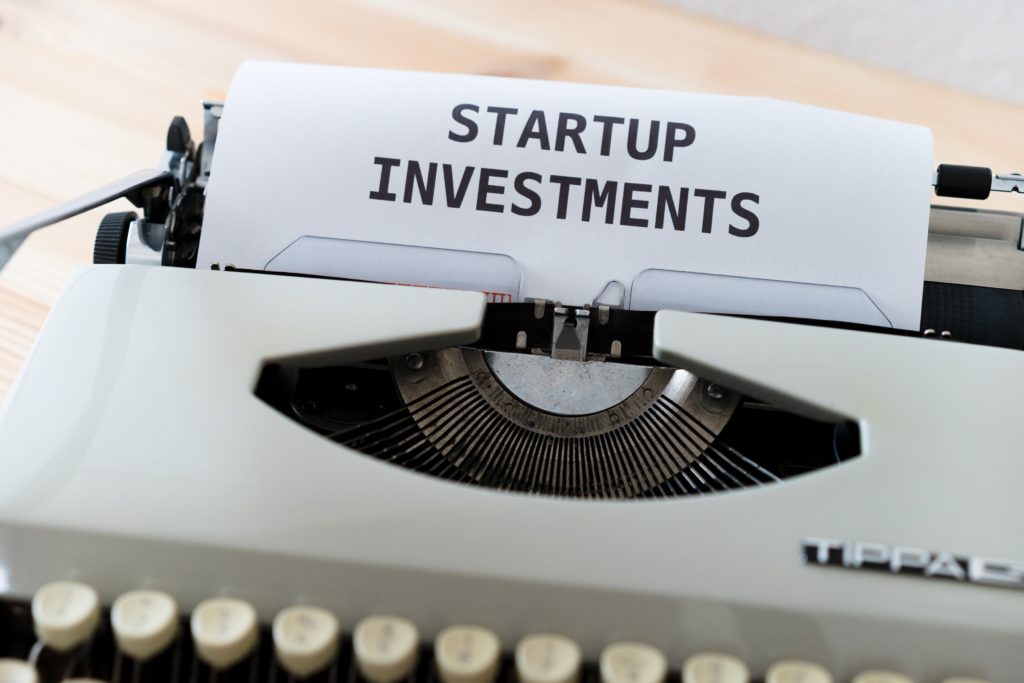Venture capitalists (VCs) are vital when it comes to funding growing startup businesses. For VCs, it’s usually a slow process that requires lots of time and trust for them to find the right startups to invest in. But once they find a potential candidate for their investment, the rewards can be exponential. Finding the right candidate, however, is usually the most difficult part.
Table of Contents
- What is Venture Capital and Who are Venture Capitalists
- Why Are Venture Capitalists so Picky With the Startups They Fund?
- What Type of Companies Do Venture Capitalists Invest In?
- 5 Elements VCs Consider before Investing in a Growing Startup
- Conclusion
What is Venture Capital, Who are Venture Capitalists, and What Do They Do
In order to increase their wealth, investors invest their capital in businesses with a long-term growth perspective. This capital is known as venture capital and the investors are called venture capitalists. They sometimes support growing startups that they deem to be a good investment for their portfolio.
The early stages of start-up businesses are tough, especially getting investors. Angel and venture capitalists are hard to find, and when you do find them, it will be even tougher to get them to invest. According to data compiled by Fundable, less than 1% of startups are funded by VCs. This means you really need to know what VCs look for in a growing startup.
Why Are Venture Capitalists so Picky With the Startups They Fund?
Startup entrepreneurs need to understand that Venture Capitalists take risks investing in growing startups. New ventures usually have little or few sales in the early growth stage, hence, they need heavy funding to start out. Startup founders also usually lack good management experiences and end up developing a shallow business plan. So what happens when venture capitalists invest in a company that doesn’t make it? Short answer: they lose their investment. 100%.
And this is precisely why venture capitalists are especially careful about investing their money.
Faced with these enormous risks, VCs still invest millions of Euros in startups. The real question is what prompts VCs to pull out their checkbooks? What are the most important things that a venture capitalist is looking for in a company to invest in?

In already established and well-funded companies, the process of creating value is straightforward. These companies produce sales, profits, and cash flow that can be used to get a reliable measure of value. For growing startups, VCs have to put a lot of effort into the business and the opportunity presented. In the case of a startup, before making an investment, VCs need to look very closely at:
- the company profile,
- it’s business idea
- and the (possible) opportunity this may offer.
What Type of Companies Do Venture Capitalists Invest In?
Venture capitalists put huge investments in new start-up companies. They hope to transform these companies to be a billion-euro company.
In an era of many investment opportunities and start-up pitches today. VCs often have a set of criteria that they look for and check before investing. These include amongst others;
- The management team
- Business concept and plan
- Market opportunity
- Risk Assessment etc.
Below, we will take a closer look at some of the most important factors that investors look for when selecting a startup for their investment.
5 Elements VCs Consider before Investing in a Growing Startup
The following 5 factors are the most important ones that potential investors check for a promising candidate for their investment. These are the factors you should definitely fulfill in order to get the desired (and needed) financial injection for your startup idea.
1. Solid Management
Management is the most important factor that smart investors take into consideration. VCs invest in a management team and its ability to execute the business plan, first. They are not looking for successful managers. The interest is in executives who have built businesses that generated high returns.
Businesses looking for venture capital investment need to;
- Be able to provide a list of well experienced and qualified teams.
- Be willing to hire talented managers from the outside.
There is an old saying that holds for many VCs. VCs prefer investing in a bad idea led by good management than a great business plan led by a team of amateurs.
2. Great Product Value with Competitive Edge
VCs want to invest in great products and services with long-lasting competitive edge. This motive will push them to find solutions to issues not addressed before. They look for products and services customers can’t do without in their daily lives.
Venture Capitalists always look for a competitive advantage in the market. They want their portfolio companies to be able to generate sales and profits before competitors come in. In business, less competition implies greater profit.
3. Market Size
As a startup, you need to show that you are targeting as large a market as possible. No financier will invest in a niche product for a few users or consumers. To be considered “big”, the targeted market must be able to generate at least 1 billion euros or more in sales per year. A business idea – at least (D)a first one – should therefore always be suitable for the masses. If this has (hopefully) already made you rich, you can always work on further projects afterward, with your own capital and independent of investors.
VCs expect that your business plan contains a detailed analysis of the potential market size. This means that it should be determined according to both the “top-down” and the “bottom-up” approach. These always include the provision of data from market research reports. Feedback from potential customers is an added advantage. But only if it clearly shows the consumer’s willingness to use the potential product. And, above all, to pay for its use.
4. Risks Assessment
As we have seen above, a VC’s job is based on taking risks. This implies they want to know what they are getting into when they take a stake in a growing startup. From the moment they talk to the business’s founders or read the business plan, they will want to be clear about what the business has accomplished, what it still needs to do, and the actual state of the business. This includes assessing the following;
- Could regulatory or legal issues come up?
- Is the market ready for the product or it’s a product for the future market?
- Furthermore, is the market willing to spend money on the product?
- Are funds already available for product development or are other investors willing to provide capital?
- Is there a possibility to withdraw from the investment? And if yes – is there also the possibility to see a return before this exit?
These are the various ways by which VCs measure, test, and try to cut risks. This depends on the type of funding and the individuals making the investment decisions. Yet, they do this to mitigate risk while producing big returns from their investments.
5. Valuation Ask and Equity Structure
The business valuation that the founders have in mind is fundamental, as it determines the share of the company that the venture capital firm will own as a result of its investment. Therefore, capital providers always pay attention to already existing participation and previous investment rounds, as well as the share of the equity.

Conclusion
The rewards of a successful, high-return investment are not always the case when VCs invest. Sometimes, seemingly profitable funding can turn into money-losing investments. So, before investing, VCs spend a lot of time analyzing these key elements.
Venture capitalists want to know if the management is up to the task, whether the market size and product have what it takes to make the kind of money they aim for, and, moreover, minimizing risks is part of their job.
So what do venture capitalists look for in a growing startup? They look for groups like us! We are a group of dedicated developers, have an experienced track record, and VCs love working with us. If you are a growing startup in need of solid management, structured workflow, and/or a battle-proven process to give your product the competitive edge it needs, we can help! If you are ready to start your product development today, send us a message, and we will get back to you!



